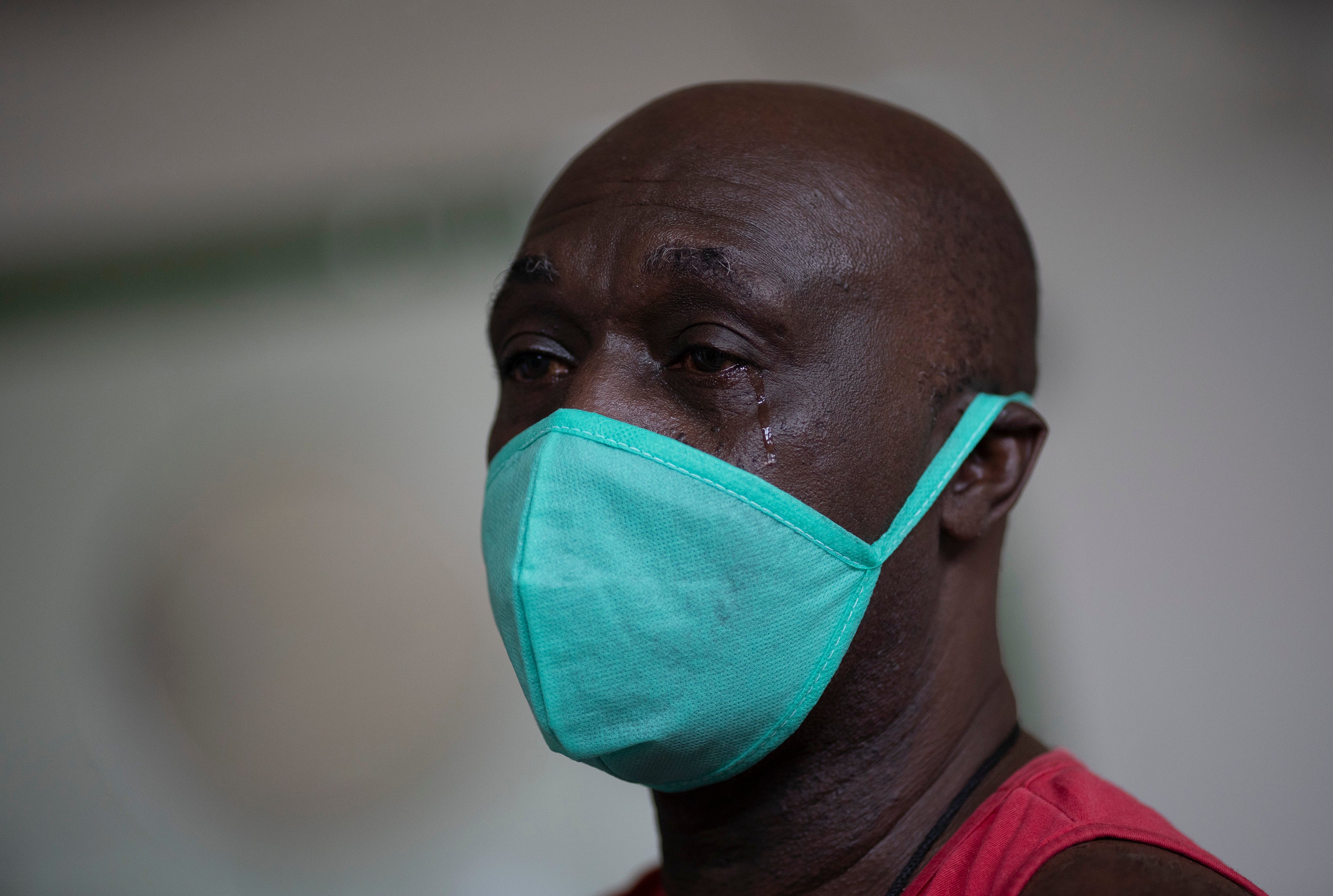Brazil health regulator suspends Chinese-made vaccine trials
Brazil’s health regulator has halted clinical trials of the potential COVID-19 vaccine CoronaVac, citing an “adverse, serious event,” according to a statement it posted to its website Monday night

Your support helps us to tell the story
From reproductive rights to climate change to Big Tech, The Independent is on the ground when the story is developing. Whether it's investigating the financials of Elon Musk's pro-Trump PAC or producing our latest documentary, 'The A Word', which shines a light on the American women fighting for reproductive rights, we know how important it is to parse out the facts from the messaging.
At such a critical moment in US history, we need reporters on the ground. Your donation allows us to keep sending journalists to speak to both sides of the story.
The Independent is trusted by Americans across the entire political spectrum. And unlike many other quality news outlets, we choose not to lock Americans out of our reporting and analysis with paywalls. We believe quality journalism should be available to everyone, paid for by those who can afford it.
Your support makes all the difference.Brazil s health regulator halted clinical trials of the potential coronavirus vaccine CoronaVac, citing an “adverse, serious event,” according to a statement it posted to its website Monday night.
The potential vaccine is being developed by Chinese biopharmaceutical firm Sinovac and in Brazil would be mostly produced by Sao Paulo s state-run Butantan Institute. Butantan said in a statement that it was surprised by Anvisa's decision and that it would hold a news conference Tuesday.
The CoronaVac shot has stirred controversy in Brazil, where President Jair Bolsonaro has cast doubt on its prospective effectiveness. He sparked confusion last month when he publicly rejected it, saying Brazilians would not be used as guinea pigs. The declaration followed news that his health minister, Eduardo Pazuello, had agreed to purchase CoronaVac doses produced locally by Butantan.
Bolsonaro has often expressed mistrust of China, particularly on the campaign trail in 2018, although he has softened his rhetoric somewhat in office. Sao Paulo state Gov. João Doria has become a political rival and an outspoken critic of the president's pandemic response.
Anvisa said in its statement that the event prompting the trial's suspension occurred Oct. 29, without saying what transpired.
“With the interruption of the study, no new volunteer can be vaccinated,” its statement said.
Temporary halts of drug and vaccine testing are relatively common. In research involving thousands of participants, some are likely to fall ill. Pausing a study allows researchers to investigate whether an illness is a side effect or a coincidence. Last month, two drugmakers resumed testing of their prospective coronavirus vaccines in the U.S. after they were halted earlier.
CoronaVac is being tested in seven Brazilian states, plus the federal district where the capital Brasilia lies.
Following the imbroglio last month surrounding the CoronaVac shot, Anvisa authorized the import from China of 6 million doses. The potential vaccine cannot be administered to Brazilians as it isn’t yet approved locally, the agency said at the time.
Earlier Monday, Sao Paulo state’s health secretary, Jean Gorinchteyn, said the first 120,000 CoronaVac shots would arrive at Sao Paulo’s international airport Nov. 20.
“We will keep following health protocols to give the shots. They will only be taken to the public after a final authorization from Brazil’s health regulator,” Gorinchteyn said.
The secretary added that nearly all of the volunteers who were given two doses of the vaccine produced antibodies thought to protect people from the virus.
Dimas Covas, the head of the Instituto Butantan, which will produce the shots in Sao Paulo, said the vaccines will be stored in a safe location that he refused to disclose. He said the Sinovac shot showed immunity induction in more than 60,000 people vaccinated.
Sao Paulo is also importing raw material for the production of 40 million CoronaVac shots, which is due to start arriving Nov. 27.